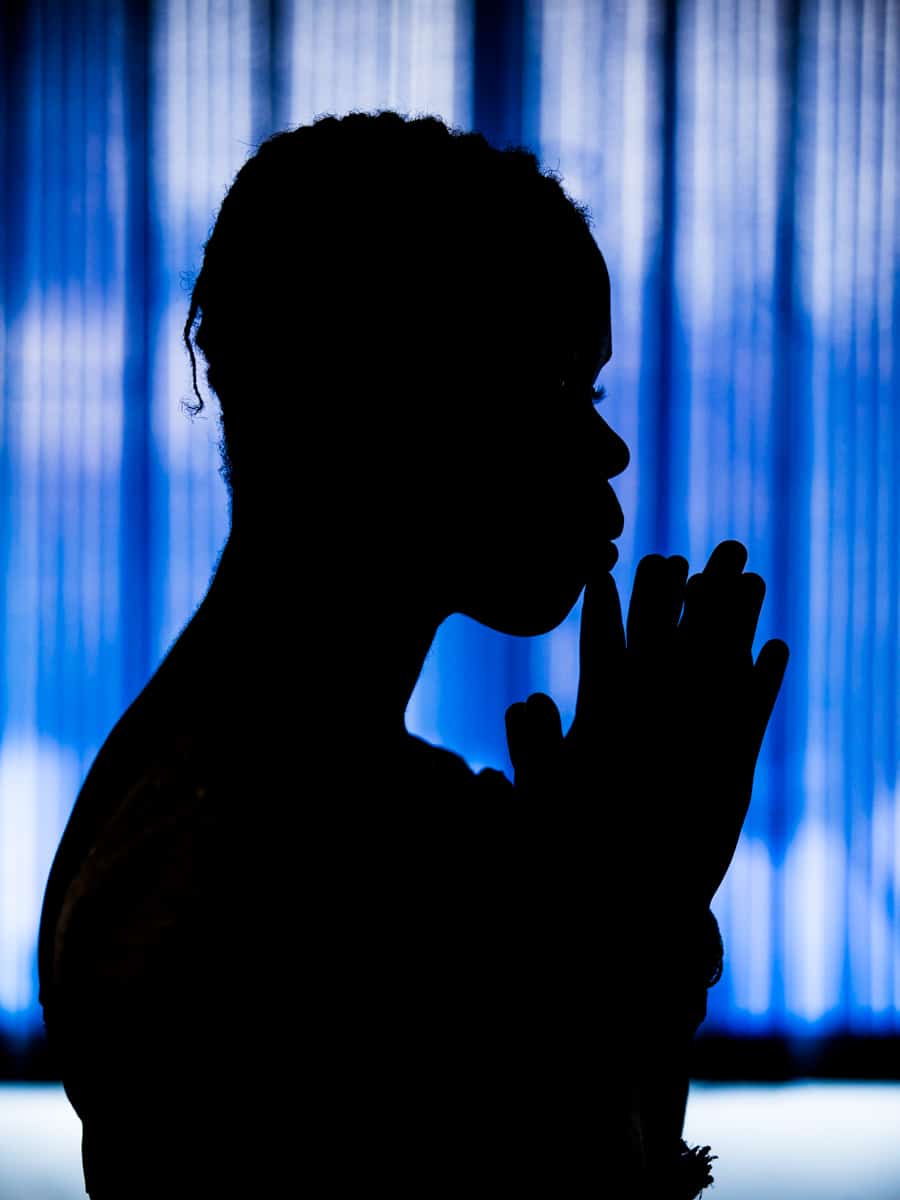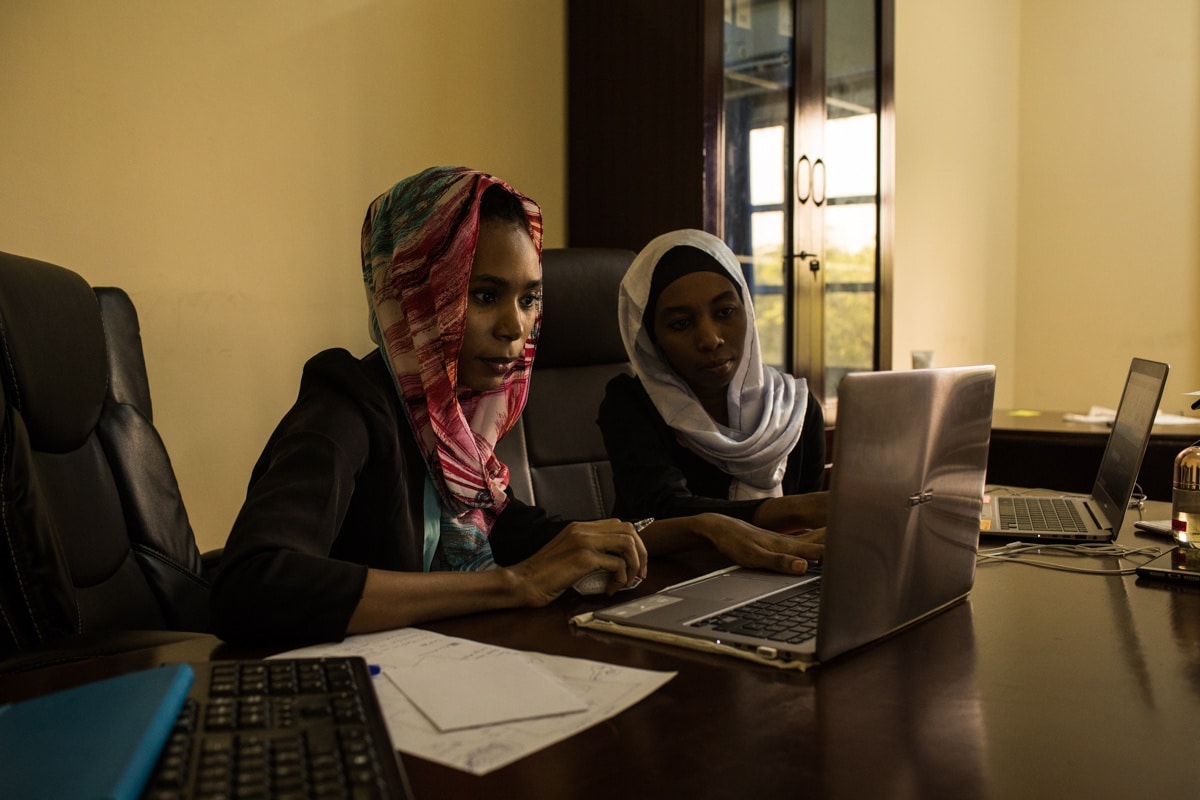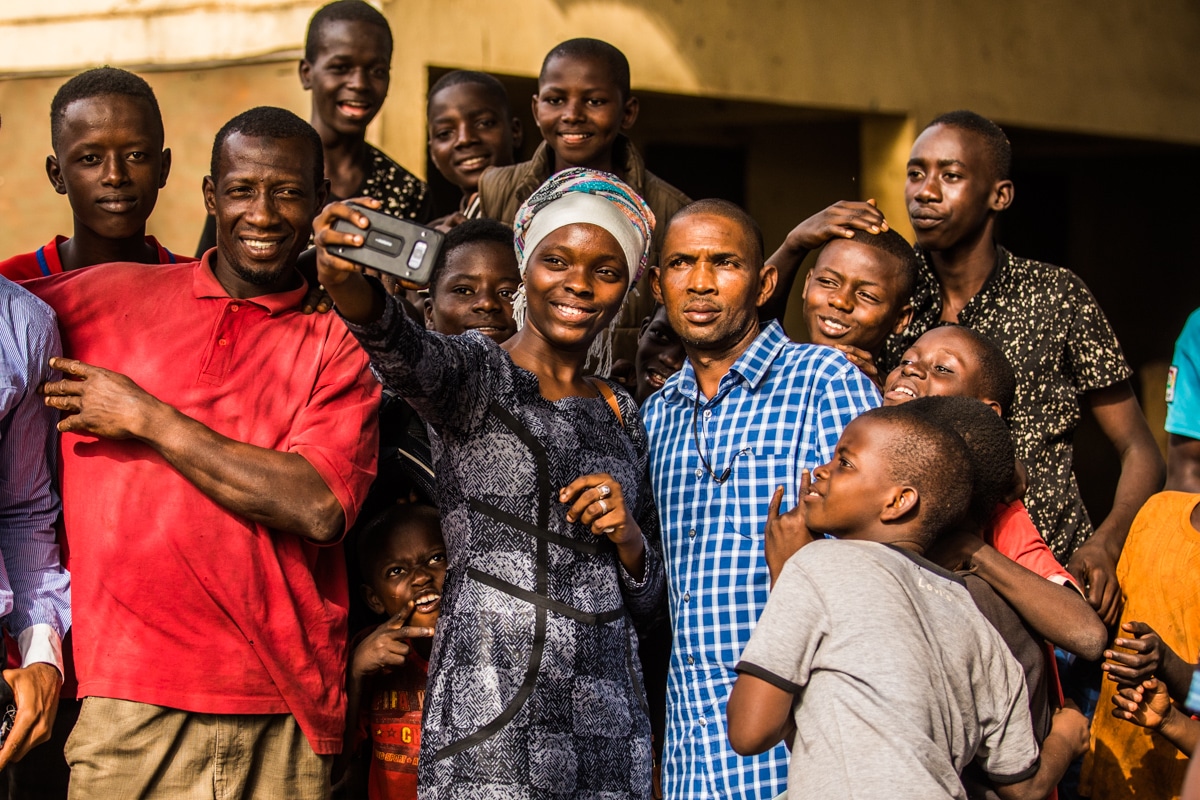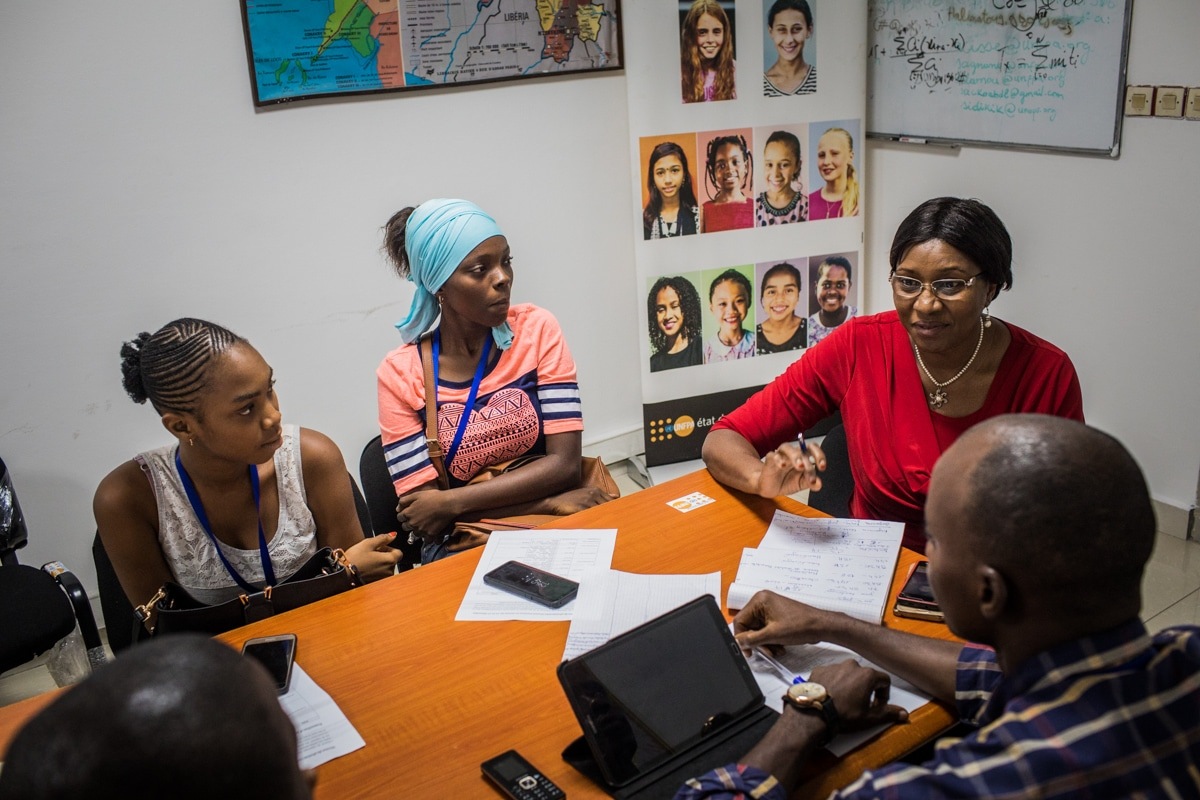VIOLENCE AGAINST WOMEN AND GIRLS
Creating a favorable social environment that gives women and girls better access to sexual and reproductive health services.

priority issues
Providing an adequate response to meet sexual, reproductive, maternal, newborn, child and adolescent health and nutrition needs.
Sexual, reproductive, maternal, newborn, child and adolescent health and nutrition are important elements in the process of improving the system.
The French Muskoka Fund supports the fight against the sociocultural barriers that prevent girls and women from accessing the care they need.
The French Muskoka Fund advocates scaling up interventions aimed at reducing gender-based violence, in close collaboration with the programs operating in the countries concerned.
activities
Advocating the improvement of the political and legal environment so that women and girls can reach their full potential.
Setting up partnerships with the media to disseminate information on gender and sexual and reproductive health.
Developing a community response system to gender-based violence.
Strategies
implemented
STUDIES
- “Links between violence and maternal health” study, based on a better understanding of violence in response to maternal and child mortality, conducted in seven countries. It allowed a consolidated report to be created and used as an advocacy instrument, leading to provisions on gender-based violence being included in the penal code in Chad and Togo.
- Four studies were conducted on violence in hospital settings and the results used to enhance training modules for health care staff and inspire national strategies to improve reception in health services.
- Four audits on the positive and negative sociocultural standards influencing maternal and child health were used as an advocacy tool for community leaders to abandon harmful practices.
TRAINING HEALTH AND SOCIAL WORKERS
- Improving the skills of thousands of health and social workers in human rights, communication, ethics and patient rights. The subjects of gender, equity and family planning have been incorporated into several Emergency Obstetric and Newborn Care services.
- Training on gender and violence has been included in midwife and nurse training programs.
- Knowledge enhancement as part of the South-South cooperation framework, during which Guinea trained the Central African Republic on managing complications associated with violence during pregnancy and childbirth, and on managing sexual violence.
EDUCATING COMMUNITIES
- Training 700 community leaders to help prevent gender-based violence, discriminatory practices and maternal and child mortality.
- Production and distribution of numerous religious pamphlets on reproductive health and violence in the region, along with radio broadcasts.
- Organization of sermons, religious discussions and social mobilization and educational activities in churches and mosques on the subject of gender-based violence and adolescent and youth sexual and reproductive health. These gatherings helped strengthen the synergy of interventions to protect young people.
- Strengthening community influence to reduce violence with the introduction of community regulations against rape and forced marriage.
SOME OF OUR ACCOMPLISHMENTS
Around 100 community platforms have been mobilized and have educated and trained religious leaders, local and traditional leaders, women’s organizations, health providers, paralegals, community radio and youth groups. Numerous religious pamphlets on reproductive health and violence have been produced and disseminated in the countries concerned, and educational radio shows have been produced and broadcast.
Niger and Chad: community influence has led to a reduction in rape with the introduction of community regulations, and to a reduction in forced marriages.
Senegal: Senegal made a significant step forward in the fight against violence against women in December 2019 by voting for a law that makes rape and pedophilia a criminal offense.
In Senegal in 2019, 200 youth representatives (girls’ youth clubs and peer educators) were taught about gender stereotypes, violence and practices detrimental to sexual and reproductive health, and they voluntarily organized activities to raise awareness among their peers and within communities.

Les pays
Contact us
To contact us, complete the form below and we will get back to you as soon as possible.





